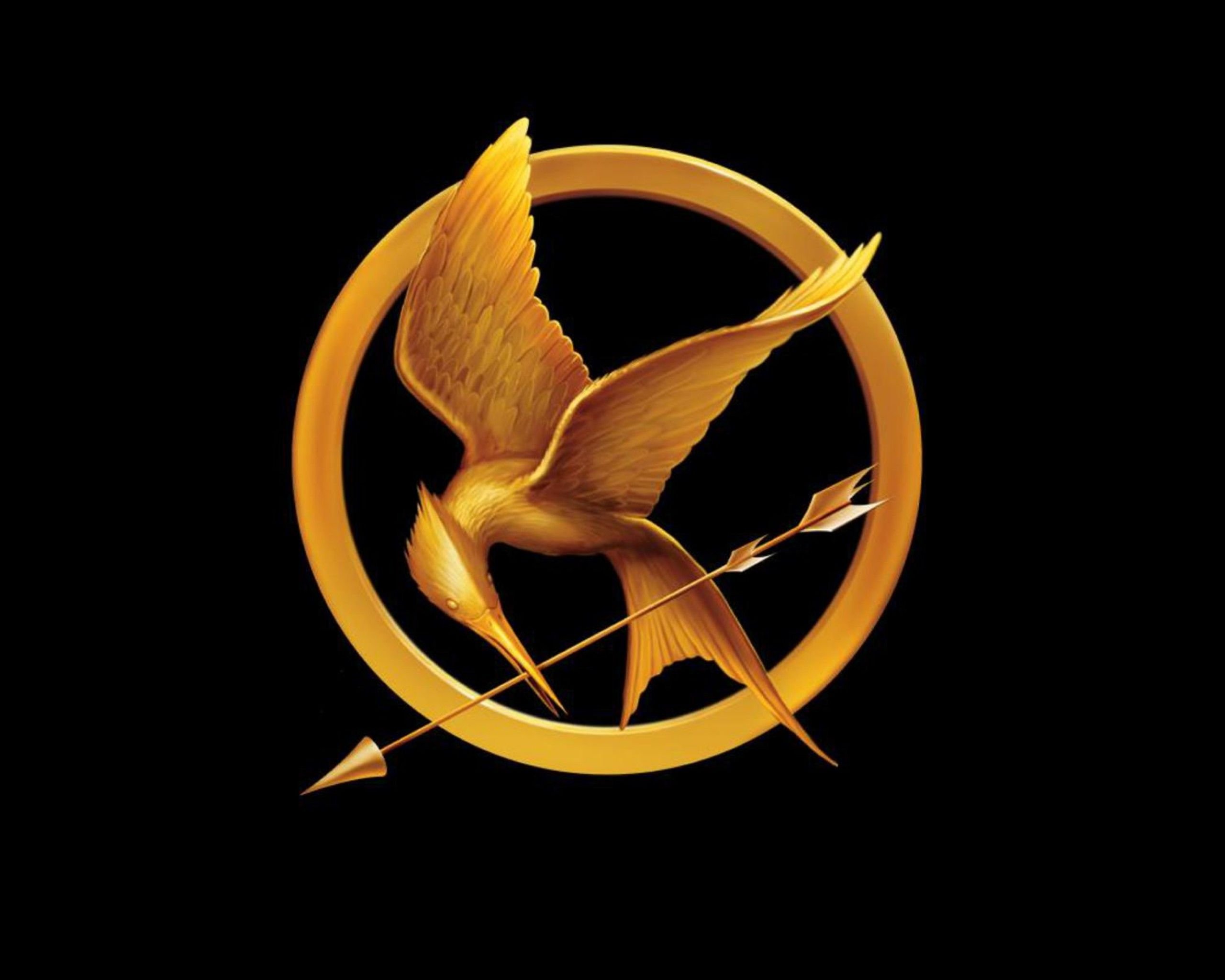So I’m talking about playing previously Windows-only games on Linux, e.g. via proton.
I don’t know about the libraries etc that are used - is it possible for Microsoft to use some legal voodoo, for example, to suddenly end it all, and make the use of their libraries illegal (if they belong to Microsoft in the first place)?
Or could there be other ways of interference?
Proton is built on top of wine for windows compatibility. The wine project has been very careful to independent build its compatible versions of libraries. There should be no Microsoft code in wine.
deleted by creator
Microsoft knows that if they start tampering with that they will get into all kind of shit antitrust wise. Proton is a pretty small project from their perspective, so it’s really not worth the risk and/or public backlash.
deleted by creator
Sure, but Microsoft has since contributed a lot to Linux and other open source projects. That’s not me saying “oh they’ve changed!”, that’s me saying they’ve made it significantly harder on themselves to bring legal action against because they’ve publicly endorsed and supported the project for so long.
Whatever legal arguments they tried in the past that failed are even weaker now.
There are techniques to insulate the codebase. For example, you can have one person read the actual leaked code, explain the data structures and algorithms at a high level to a developer, then have the developer implement that logic themselves based only on what they understood from the explanation. I believe this is known as clean-room reverse engineering.
The Wine and Proton devs claim that all of the code has been reverse engineered and written from scratch to simply be compatible with the Windows APIs. Unless that claim is false, or Microsoft has a patent over any systems they are recreating (which is unlikely), there’s nothing Microsoft can do legally. If they did have a patent, getting around it probably wouldn’t be too hard.
A similar case was google reimplementing Sun/Oracle Java APIs. Which has been deemed legal after all.
Not really. It’s basically the same as Google vs SCO. There it was Java libraries instead of Win32, but the principle is the same.
What Microsoft is already doing that hurts Linux gaming is selling software exclusively over the Windows store. It has some awful DRM that nobody has bothered to take on yet. That’s why the Windows version of Minecraft Bedrock Edition or the Gamepass app don’t run on Linux.
Not really. It’s basically the same as Google vs SCO. There it was Java libraries instead of Win32, but the principle is the same.
To give a bit more context: The outcome of that lawsuit was that APIs are not copyrightable in the US.
That’s relevant here, because WINE does implement the Windows API. It would infringe Microsoft’s copyright, if the API itself was copyrightable.
Maybe Gamepass if it got big enough?
I think Gamepass installs games to an encrypted location so you can’t go in and access them for mods etc. (someone will correct me if I’m wrong I’m sure, I don’t have Gamepass but I think I read that somewhere), and Microsoft owns a lot of big titles now (everything from Activision, Blizzard, Bethesda etc.) so presumably going forward they could make those incompatible with Proton.
That’s a lot of ifs though, and they presumably wouldn’t be able to do anything about older games that are already out there, and that’s assuming that pirates don’t just figure out how to crack them, they are a clever bunch.
When I was using windows, I couldn’t even delete the folder the games were in. Even after I changed permissions with all of my power…
omg! I had this same exact shit happen when I tried to delete the game folder for a game pass game. I spent literal hours escalating permissions, shifting ownership around and banging my head against the desk. Nothing from within Windows allowed me to gain sufficient power to delete that folder. That made me realize I didn’t own the computer I was using, Microsoft did. Live-cd booting into Ubuntu made for a quick resolution, though.
Yep that’s was my solution too. Same conclusion. And then while I was on that same live CD session, I said “meh, why not just switch if I’m using Linux to do my computing anyways…” Now if only I could do the same with my cellphone…
Wine is legal. Emulation is legal. (Yes I know WINE is not an emulator you can shut up now)
WINE is WINE Is Not Emulation. It’s right there in the name in the name.






